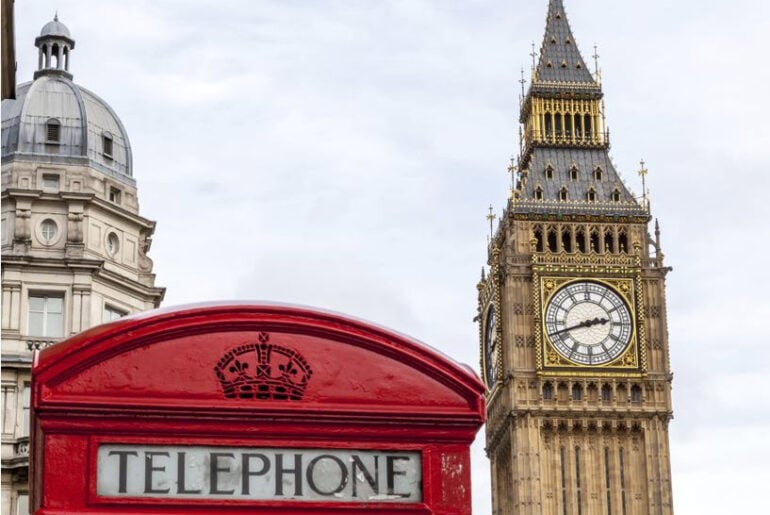The UK government has published its response to the Women and Equalities Committee’s report on menopause and the workplace. While the response accepts some of the Committee’s proposals, it also confirms that the government does not propose any legislative changes or to produce a model menopause policy or trial menopause leave.
The first ever guidance on social media has been issued by the Prescription Medicines Code of Practice Authority (PMCPA) to help pharmaceutical companies apply the high standards demanded by the industry’s ABPI Code of Practice to all their online communications channels. The PMCPA Social Media Guidance 2023 has been produced in consultation with the Medicines and Healthcare Products Regulatory Agency, the ABPI, and pharmaceutical companies. It includes advice for companies to help them use social media in line with these rules and the rest of the Code, following a huge increase in PMCPA complaint cases during the COVID pandemic, and a consensus from the industry that the previous 2016 guidance on digital communications, which did not cover social media platforms, was outdated and unhelpful given today’s online climate.
The MHRA lifted some extra burden from the industry by extending the European Commission Decision Reliance Procedure (ECDRP) by 12 months until 31 December 2023. The ECDRP was introduced following Brexit and is available to medicines approved via the EU centralized procedure.
Before 31 December 2023, in situations where a Committee for Medicinal Products for Human Use positive opinion has been received, applicants can continue to submit their ECDRP Marketing Authorisation Application (MAA) or variations to MHRA, and MHRA will continue to review these applications via the current ECDRP process.
The MHRA also announced that from 1 January 2024, a new international recognition framework will be in place, which will have regard to decisions already made by the European Medicines Agency/European Commission and certain other regulators.
In November 2022 the UK Government announced a new, temporary 45% levy on “exceptional” receipts generated from the production of wholesale electricity and published a “technical note” on the operation of the levy. Despite heavy criticism of the move by many clean energy market participants, on 20 December 2022 the UK Government confirmed its intention to press ahead with the EGL by publishing a supplementary technical note and draft legislation outlining the details of how the new tax would operate. The EGL has been introduced from 1 January 2023 and will have an impact on existing and potential investors in the UK clean energy market.
On 4 January 2023, the new UK subsidy control regime under the Subsidy Control Act 2022 came into force. This completes the overhaul of the UK’s approach to subsidies following Brexit and the UK’s decision to diverge from the EU’s State aid regime. The new rules will apply to subsidies granted by public authorities on or after 4 January 2023.
Industrial action is on the rise throughout Europe; in this webinar we looked at the differences and similarities in the industrial action process across France, Germany, Italy, Spain, the Netherlands, Poland and the UK, the potential legal remedies in each jurisdiction and the practical steps employers can take to keep the business running.
Equal pay for men and women has been enshrined in UK law since 1970. Since then, and particularly since the turn of the century, equal pay claims have tended to take the form of mass claims in the public and retail sectors. In recent years, however, there has been renewed focus on individual equal pay claims. We expect that the Financial Conduct Authority will step up its scrutiny of equal pay and remuneration policies.
The UK’s Department of Health and Social Care has announced that the voluntary scheme payment percentage for 2023 will be set at 26.5% of sales for 2023 (representing almost GBP 3.3 billion). This is a further major increase to last year’s VPAS significant rate rise to 15% (around GBP 1.8 billion, rising from GBP 0.6 billion in 2021).
In this edition of the Demystifying ESG Webinar Series, Beatriz Araujo, Senior Counsel, Head of Corporate Governance at Baker McKenzie, Isabel Carty, Senior Associate at Baker McKenzie and Peter O’Byrne, Natura & Co Group IP director and The Body Shop General Counsel discuss diversity and how it can support the board in its role. Peter also shares some exciting initiatives of The Body Shop International Board as they relate to the role of diversity in corporate governance.
It is not necessary for there to be an “irreducible minimum of obligation” between the parties in order for an individual to be held to be a worker under the Working Time Regulations 1998.


